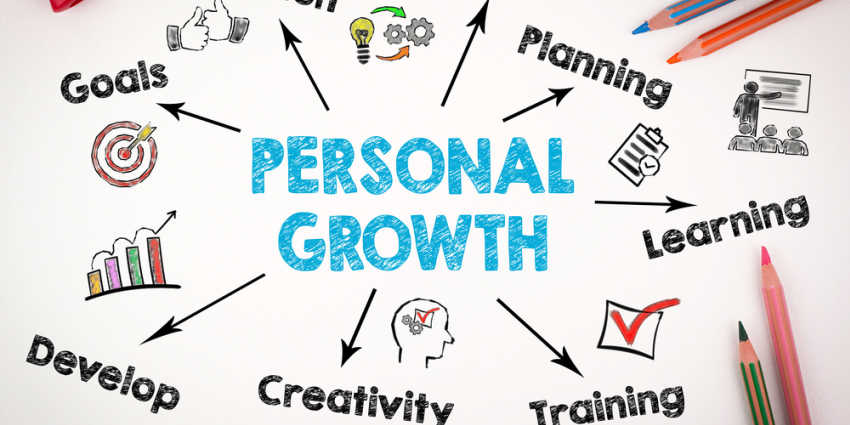Read more related content in
Our Life Skills Progra..Life Skills Program for ..Life Skills Program for Young ..
Learning Life Skills For Success
When troubled young adults are struggling to transition from their carefree adolescence to adulthood, life skills therapy can provide the assistance they need to live an independent and successful life. Today, more and more men and women are finding that the so-called “in-between years” are more than they can handle alone. Life skills, including the development of problem-solving, critical thinking, communication, and self-care skills, are crucial for any adult with a desire to live a prosperous life.
The following provides a detailed look at life skills therapy, including what it is and who performs this type of treatment. In addition, it explores the variety of disorders life skills therapy is often used for, as well as the most common reasons a young adult would need it. Finally, it identified how young adult benefits from life skills therapy, particularly when taught in a transitional living program, such as that offered Soulegria.
What Is Life Skills Therapy?
Life skills therapy focuses on helping young adults learn the skills necessary to ensure he or she is able to live productively and entirely independent of others. Using a variety of proven therapeutic interventions, young adults learn how to handle the ordinary challenges of everyday life. Life skills training as a form of therapy often focuses on the development of:
- Basic self-care skills: This may include taking care of personal hygiene, meal planning for a healthy diet, the importance of physical exercise, and first aid/ CPR, as well as laundry, cleaning, cooking, and even automobile maintenance.
- Financial skills: Designed to promote financial independence, these skills often include how to manage his or her finances, budget setting, and learning to save money for the future.
- Time management skills: This often includes how to plan and maintain a daily schedule.
- Skills necessary to engage in appropriate social interactions: Intended to help young adults engage in healthy relationships, these skills focus on healthy communication and expression of feelings, cooperation, navigating relationships, and controlling emotions.
- Skills needed to further his or her education and/ or to find employment: Depending on his or her education and occupational goals, this may include resume building, improving writing skills, and instruction on how to conduct himself or herself during an interview.
- Additionally, he or she may work on developing other skills necessary to live successfully as an adult, including goal making, decision making, positive risk-taking, trust-building, coping skills, and self-esteem building.
Most therapists incorporate life skills therapy into their treatment regimen. In both group and individual settings, young adults are encouraged to identify their problematic behaviors, along with possible psychological factors that could be hindering their ability to master certain life skills. Then, they participate in various therapeutic interventions designed to help them develop and enhance the life skills they are lacking.
Why Would a Young Adult Need Life Skills Therapy?
There are numerous reasons and conditions a young adult may need to participate in residential life skills therapy. This includes:
- Anyone who is dealing with a chronic mental illness, such as depression, anxiety, or schizophrenia
- Young adults who struggled with behavioral problems during their teenage years including constant oppositional behavior, acting out, and frequent episodes of defiance
- Past victims of trauma, including physical attacks, sexual abuse, and emotional abuse
- Young adults who have previously battled a drug or alcohol addiction
- Young adults who have experienced a significant loss, which impacted their ability to transition seamlessly into adulthood
- Young adults who may be suffering from “Peter Pan Syndrome” otherwise known as people who simply do not want to grow up or feel that they are simply not ready to grow up
The Benefits Of Residential Treatment For Life Skills Therapy
According to UNICEF, life skills therapy provides a wide array of benefits, both social and emotional, that are critical for young adults who are realizing that they simply can’t cope in today’s increasingly challenging world.
In a residential treatment center, such as At The Crossroads, residents are able to focus on learning and honing the skills they need to thrive as an adult, while in the presence of highly qualified, experienced therapists who are available to provide guidance, support, and encouragement. In addition to learning basic self-care skills, they are able to develop skills related to critical thinking and problem-solving. As their treatment progresses, they acquire a better self-awareness and greater self-confidence that puts them in a position to live a life that is positive, stable, and fulfilling.
When young adults are having trouble naturally progressing to a full-fledged adult, life skills therapy can provide the assistance and education they need to excel.
